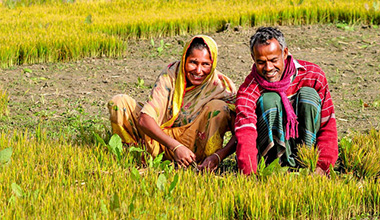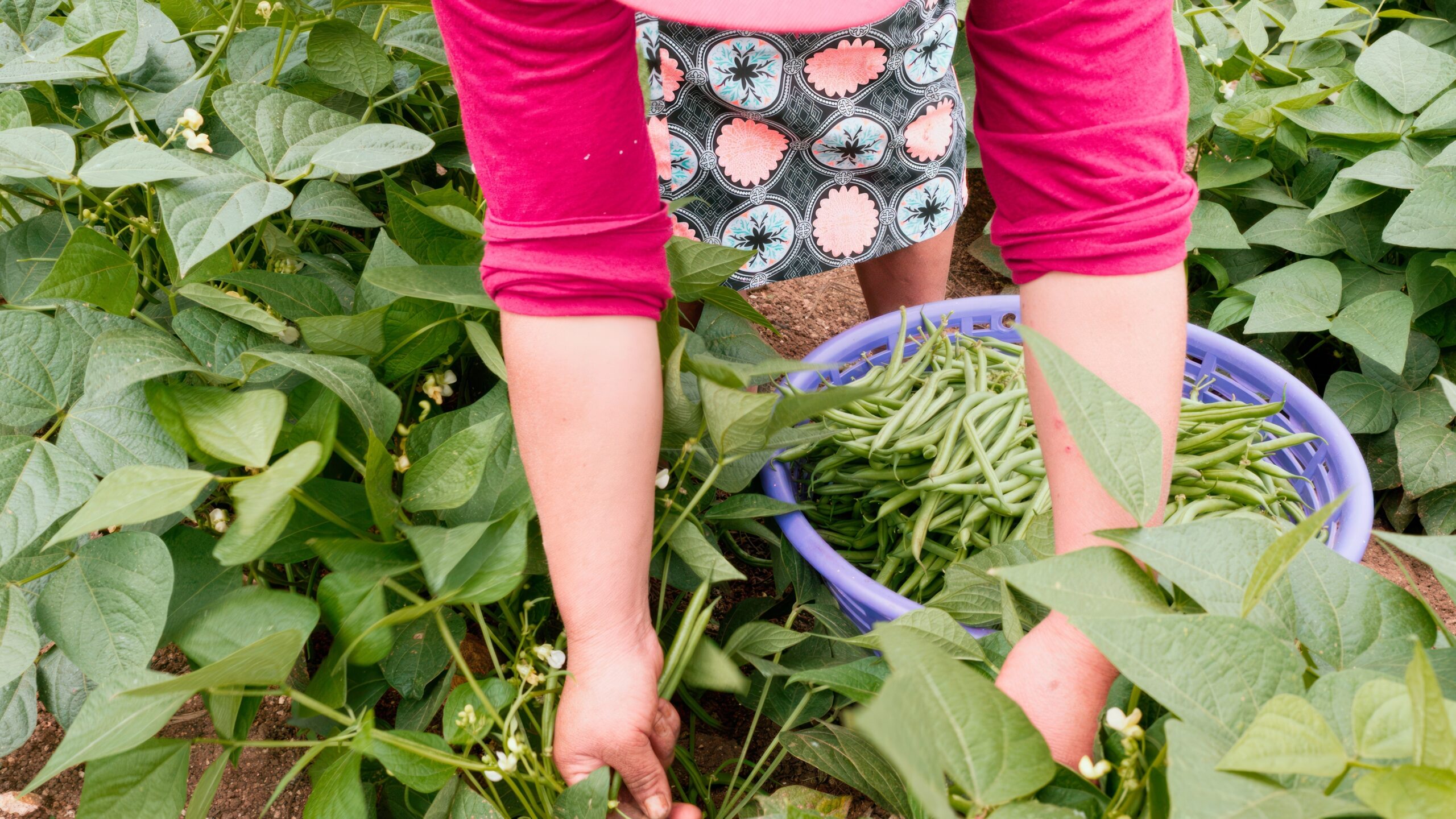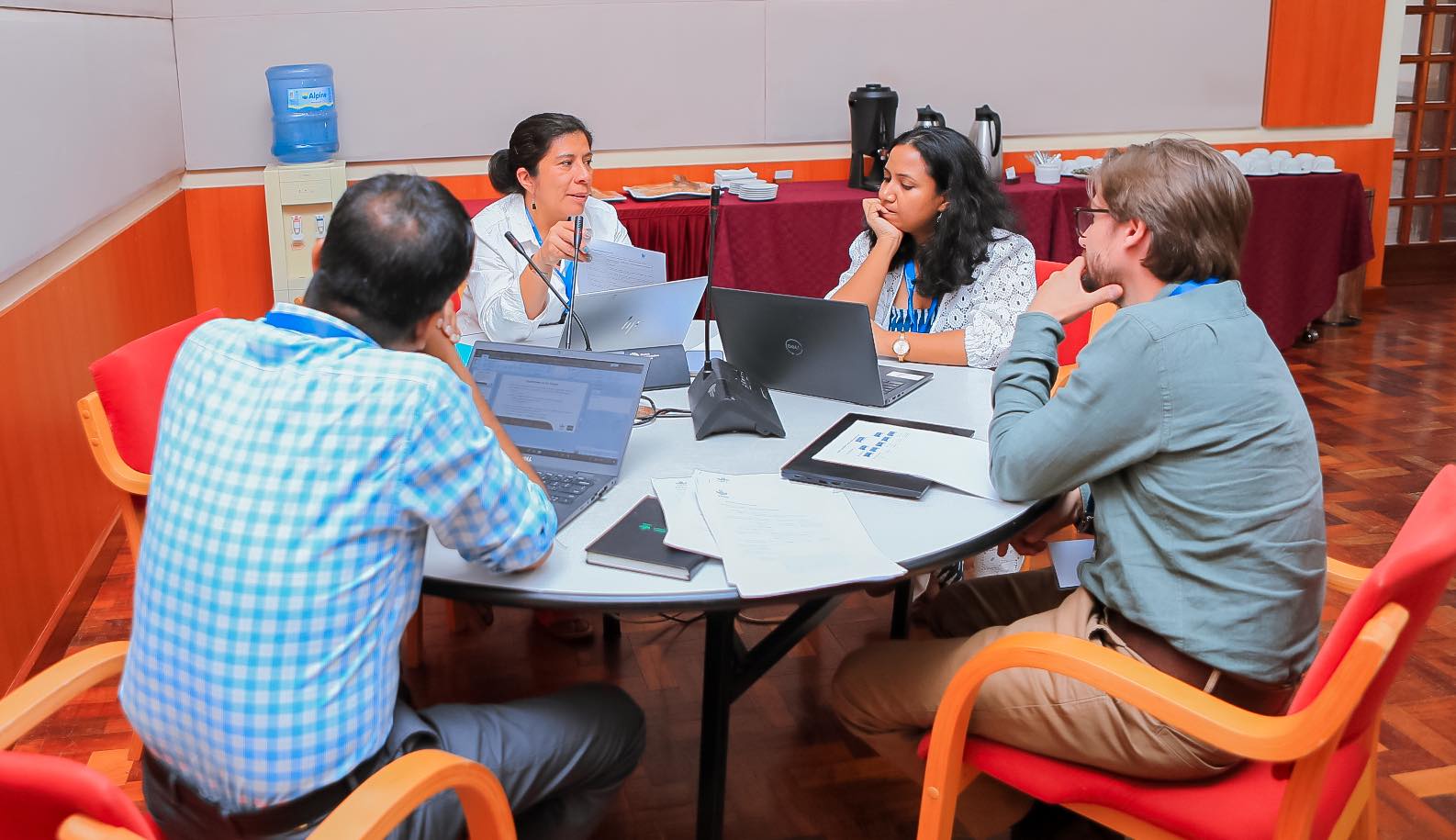For the last 40 years, IFPRI has sought to produce and communicate influential policy research to sustainably reduce poverty and end hunger and malnutrition at the global, regional, and country levels. This research has been shared through a variety of means, including publications, public seminars, global conferences, impact assessments, and capacity strengthening programs.
To capture the breadth and depth of our work—and how we have shared it—we have created a series called “IFPRI at 40: Making a Difference in Food Policy Research,” for which we have written 12 stories that describe our work on key topical areas in regions around the world. For instance, the story on sustainable agricultural production identifies win-win policies and innovations that have limited stress on natural resources, contributed to growth and resilience in agricultural production, and reduced poverty. IFPRI’s approach to capacity strengthening is told in another story that describes how its capacity strengthening program has evolved and expanded to better meet developing country needs through collaborative research, training, and institutional development.
In the story on Social Protection by Design, we explain how our evaluations have not only shown how best to design such interventions but also have contributed to a culture of accountability in social programs worldwide. And we tell the story of how the Institute’s research has helped integrate gender into agricultural programs and policies, as well as the wider development agenda, in Closing the Gender Gap in Agricultural Development.
IFPRI’s research has changed the way the international development community thinks about the links between agriculture and nutrition, and our story on this topic highlights the synergies with health, education, gender, and social protection that can improve poor people’s health and nutrition. The story on public investment in agriculture and in rural areas illustrates how IFPRI has been a leader in showing the pivotal role public spending plays in increasing productivity and reducing poverty.
The Institute’s active engagement with policymakers and experts is described in the story Informing a Global Agenda for Food Security and, in the story Building Innovative Tools, we describe how we have developed novel models, methodologies, and tools for analysis and leading-edge platforms for sharing data.
Three stories relate our extensive, and continuing, work in specific countries and regions, including Africa south of the Sahara, Ethiopia, and Bangladesh. In the story on markets and trade for rural development, we describe the complexity and nuances of supply and demand in an increasingly interconnected global marketplace.







